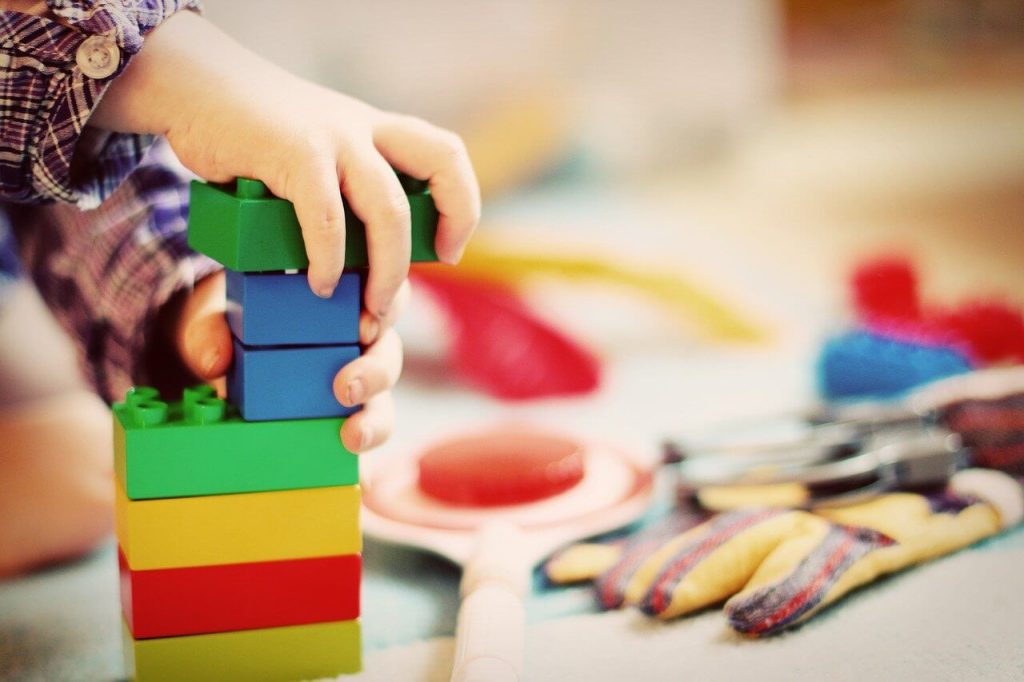The study, presented earlier this week, included 22,020 children and young people in Zagreb’s primary and secondary schools whose parents completed questionnaires via an online application. Data were obtained on almost every fourth child in Zagreb, with equal representation by gender and age.
The sample is considered representative. It was said that the experiences of the children and young people included in the study largely reflect the experiences of Zagreb’s children and young people in general.
Presenting the results, the head of the Child and Youth Protection Centre, Gordana Buljan Flander, said that within the framework of experiences belonging to the circle of post-traumatic stress reactions, it was seen that half of the children and young people at least once experienced difficulty concentrating, anxiety when remembering a stressful event, emotional sensitivity, intrusive images of traumatic events and avoidance of unpleasant memories and feelings.
Looking at anxiety and depression, it is visible that the concerns of children and young people in this period are significantly pronounced, Buljan Flander warned. Seventy-four percent of them faced a fear of failure last year, and 60% anxiety in social situations. Feelings of sadness and emptiness, concerns for family members’ safety, and fear that they have to stay at home alone were recorded in nearly half of children and young people.
In terms of changes, no difference was found between children and young people in primary and secondary schools. Still, girls were at greater risk because they show elevated levels of anxiety and/or depression and post-traumatic stress more often than boys.
Buljan Flander stressed that the study results could “serve as a guide” to what children needed and what additional support they required.
“The results clearly indicate that we need to strengthen the resilience of our children, that we need to work on mechanisms for dealing with stressful, traumatic situations and crises,” she said.
To read more news from Croatia, follow TCN’s dedicated page.









